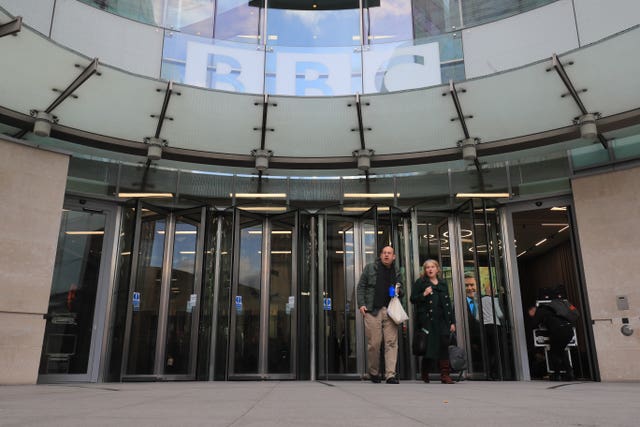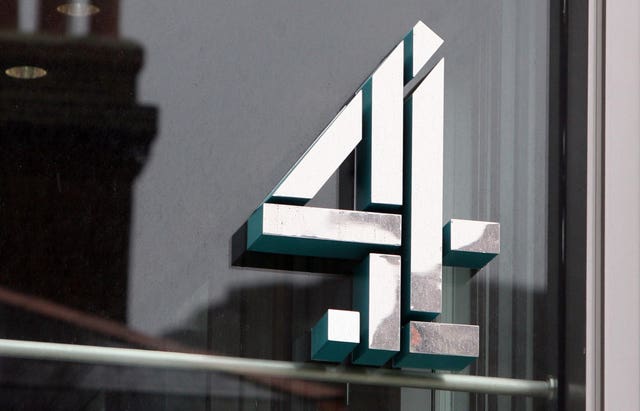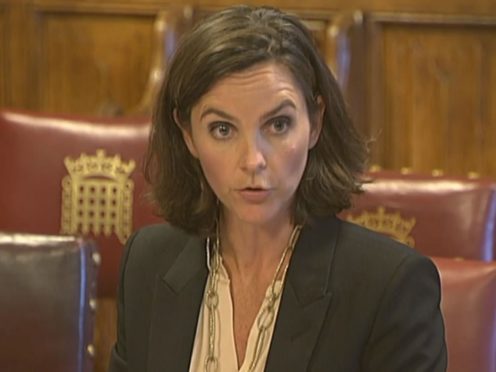Big tech companies have set their sights on “extending their control” of the nation’s TV sets, the chief of Channel 4 has warned.
The chief executive said US companies are “not interested in” content that “serves the interest of all Britons.”
“In the very near future our concerns need to be about control of the screen itself,” Alex Mahon said.

Speaking about Apple, Google and Amazon, she said: “All three of these tech giants are now focused on extending their control to the most influential screen of all, the TV set.”
She said that “one thing we can be certain of is that none of these players has any vested interest in, or even any understanding of, public-service broadcasting.
“They’re certainly not interested in British-originated content that serves the interest of all Britons,” she said,
There is no incentive for “Silicon Valley giants” to boost production around the UK, she said.
And she added: “The threat could be even more severe when you look at the provision of news…
“Without a regulated Public Service Broadcasting system, our most prominent news feeds could be selected by US companies that are more concerned about profit than trust or accuracy”, she said.

“The real pain will be felt by communities whose interests are ignored when impartial and regulated journalism is buried by those who have the means to pay the most.”
She said that in the US, “subjects such as gender or addiction or poverty” tend to be “seen as ways of provoking audiences, not informing them.”
But once the UK “philosophy” of informing viewers is gone “it won’t be coming back”, she said.
She told the Media And Telecoms 2020 & Beyond conference that there were “serious implications for democracy and for social cohesion” if “we rely on operating systems that prioritise those who pay the most over those who want to reach all audiences”.
And she called for “debate before we change our television culture into one in which the main sources of information come from people who seek only to satisfy those who can afford to buy services rather than who want to serve everyone.”
She warned that she “wouldn’t bank on us to still be doing it in the same way in 2030” without support through legislation.
The Channel 4 chief also told the conference that there had been “an upsurge in young audiences engaging in our news and serious factual.”
“This generation is overwhelmed by the pressure of our times, particularly the impact on them of social media. Their response to this situation has been to get more serious,” she said.
